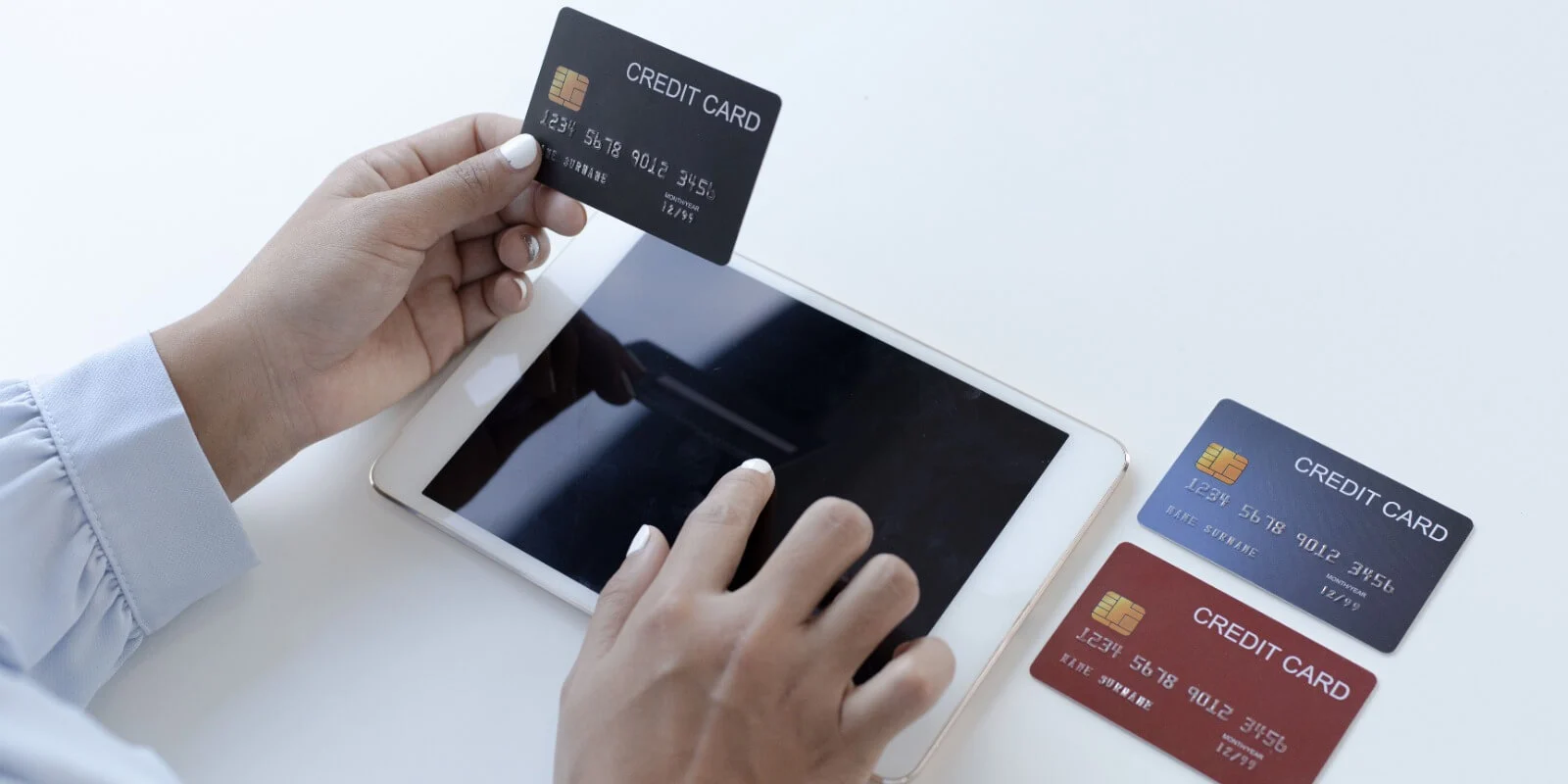
To avoid being debt-laden due to unfettered spending on your credit card, keep the below tips in mind:
The biggest advantage of a credit card is its easy access to credit. Credit cards function on a deferred payment basis, which means you get to use your card now and pay for your purchases later. The money used does not go out of your account, thus not denting your bank balance every time you swipe.
Credit cards offer you the chance to build up a line of credit. This is very important as it allows banks to view an active credit history, based on your card repayments and card usage. Banks and financial institutions often look to card usage as a way to gauge a potential loan applicant’s creditworthiness, making your credit card important for future loans or rental applications.
If you plan on making a large purchase and don’t want to sink your savings into it, you can choose to put it on your credit card as a way to defer payment. In addition to this, you can also choose to pay off your purchase in equated monthly installments, ensuring you aren’t paying a lump sum for it and denting your bank balance. Paying through EMI is cheaper than taking out a personal loan to pay for a purchase, such as a television or an expensive refrigerator.
Most credit cards come packed with offers and incentives to use your card. These range from cashback to rewards point accumulation each time you swipe your card, which can later be redeemed as air miles or used towards paying your outstanding card dues. Lenders also offer discounts on purchases made through a card, such as on flight tickets, holidays, or large purchases, helping you save.
Credit cards come with an interest-free period, which is a period of time during which your outstanding credit is not charged interest. Ranging between 45-60 days, you can avail yourself of free, short-term credit if you pay off the entire balance due by your credit card bill payment date. Thus, you can benefit from a credit advance without having to pay the charges associated with having an outstanding balance on your credit card.
A credit card records each purchase made through the card, with a detailed list sent with your monthly card statement. This can be used to determine and track your spending and purchases, which could be useful when chalking out a budget or for tax purposes. Lenders also provide instant alerts each time you swipe your card, detailing the amount of credit still available as well as the current outstanding on your card.
Credit cards offer additional protection in the form of insurance for card purchases that might be lost, damaged, or stolen. The card statement can be used to vouch for the veracity of a claim if you wish to file one.
Read more blogs, by clicking here Get a Personal Loan in India | Business Loan Documents | Home Guarantee Scheme | Instant Personal Loan without documents | Myths About Credit Cards | Loan Against Property in Mumbai | How to Improve Cibil Score Quickly